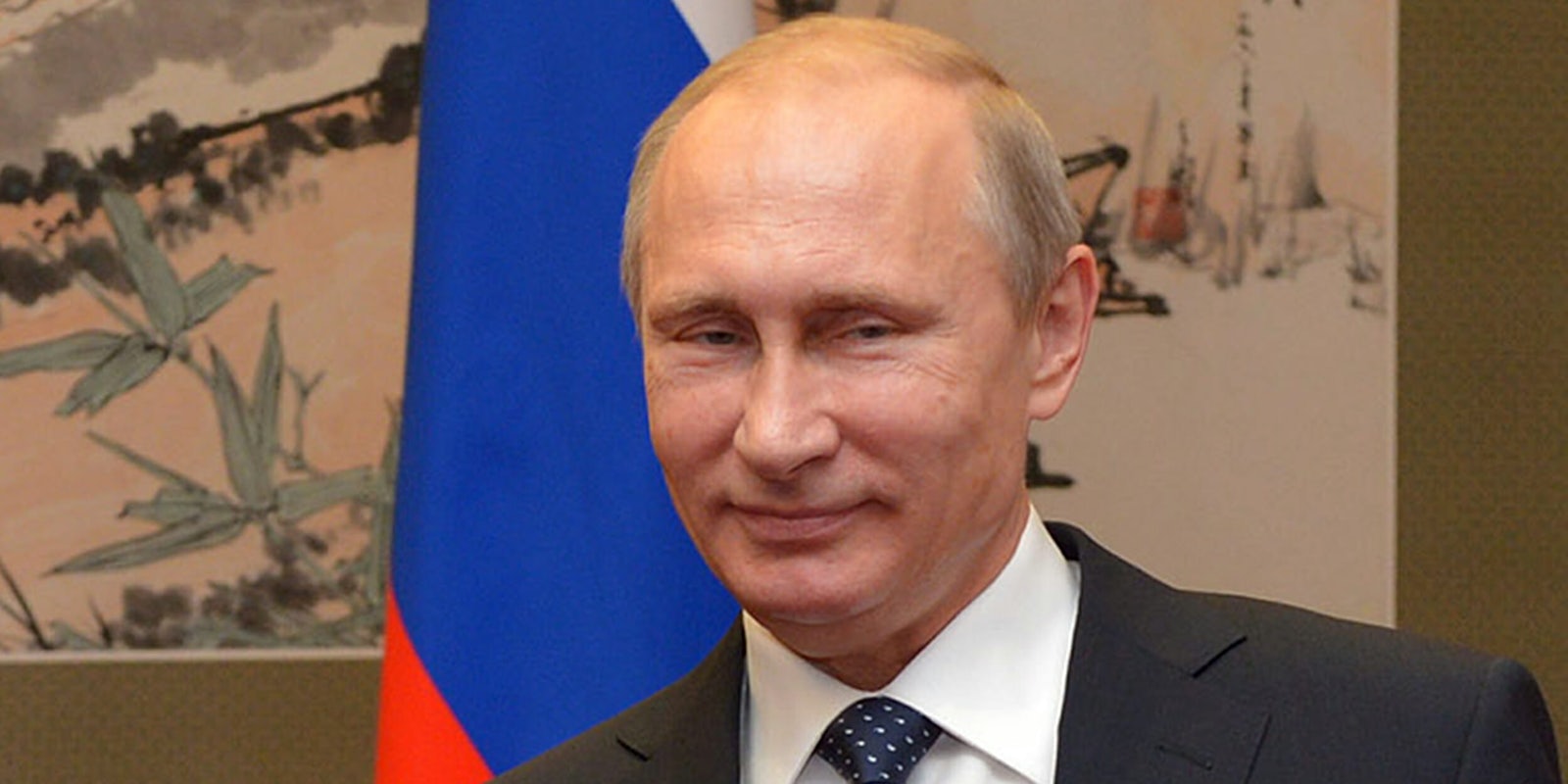The Trump administration declared that sanctions on Russia called for by Congress were “not necessary,” as the deadline for implementation passed.
The bipartisan bill, which was passed in July by the House and Senate and with the objection of just five congresspeople, came in response to an intelligence report that unequivocally declared Russia meddled in the 2016 election. It called for the U.S. to impose tough penalties on people and entities who did significant business with Russian defense and intelligence sectors.
The White House deadline to implement the sanctions was Jan. 29. In an email, the State Department said that, although the new sanctions were not going to be implemented as requested by Congress, the White House was “using this legislation as Congress intended to press Russia to address our concerns related to its aggression in Ukraine, interference in other nations’ domestic affairs and abuses of human rights.”
“From that perspective, if the law is working, sanctions on specific entities or individuals will not need to be imposed because the legislation is, in fact, serving as a deterrent.”
Minutes before the deadline expired, the Treasury Department did release a list of Russian oligarchs who did business with Putin—which the bill demanded—although they clarified it is “not a sanctions list.”
BREAKING: Treasury list of Russian Oligarchs released. “Those individuals who, according to reliable public sources, have an estimated net worth of $1 billion or more.”
— Christina Wilkie (@christinawilkie) January 30, 2018
Here’s the list. pic.twitter.com/x7crtZNU5f
The State Department said, in its email, that these people “have been put on notice, both publicly and privately, including by the highest-level State Department and other U.S. government officials where appropriate, that significant transactions with listed Russian entities will result in sanctions.”
However, this response was not enough for many in Congress. In a statement, Rep. Eliot Engel (D-N.Y.), the ranking Democrat on the House Foreign Affairs Committee, said the administration was abdicating its responsibility.
“The Trump administration had a decision to make whether they would follow the law and crack down on those responsible for attacking American democracy in 2016. They chose instead to let Russia off the hook yet again.”
The stalled sanctions come as CIA Director Mike Pompeo called it a near certainty Russia would attempt to insert itself into the 2018 midterms.
In an interview with the BBC, Pompeo said that, though he was expecting similar Russian attempts to interfere, the U.S. would be more prepared.
“The Russians have been at this a long time, and I fully expect they’ll continue to be at it,” Pompeo said. “We will push back in a way that is sufficiently robust, that the impact they have on our election won’t be great.”
Whether the Trump administration’s lax response to the sanctions will satisfy or embolden Moscow in this regard is yet to be seen.
H/T Politico


